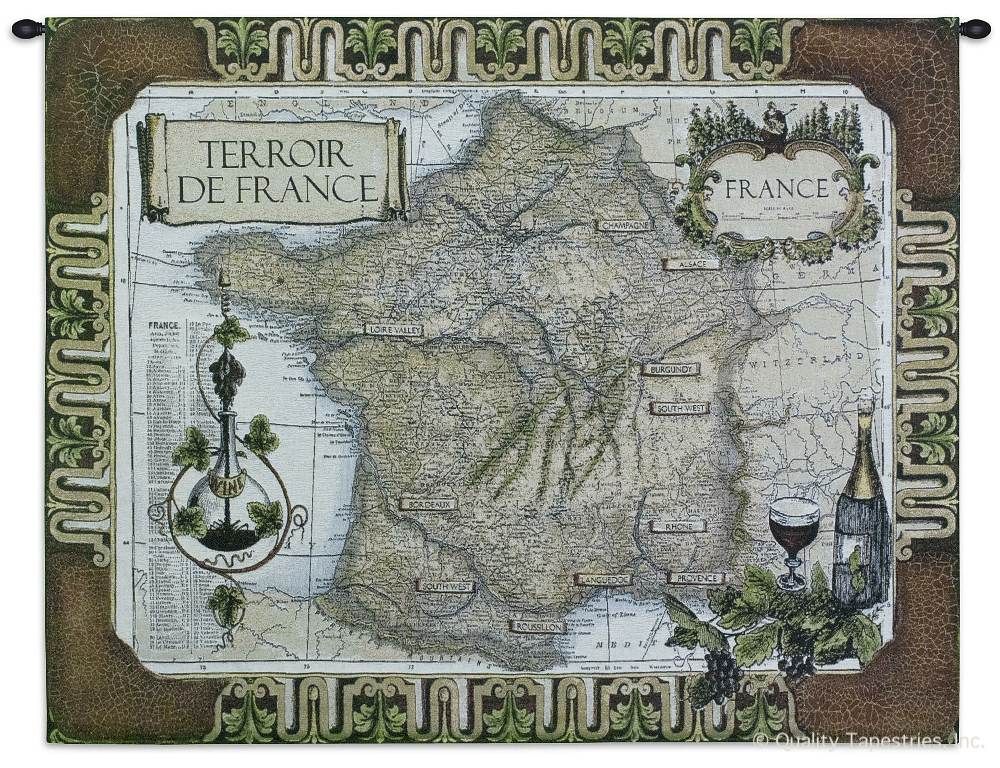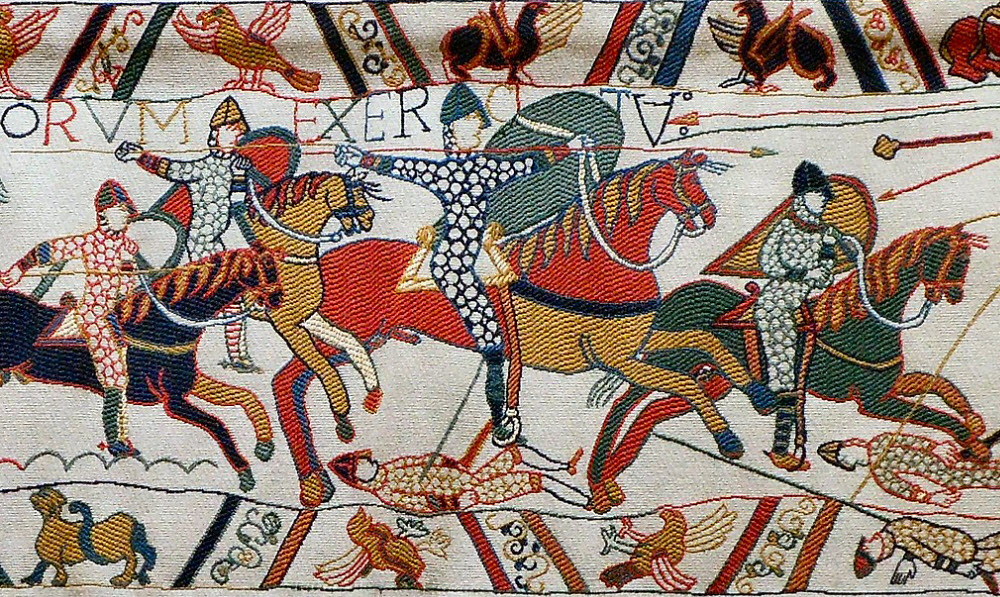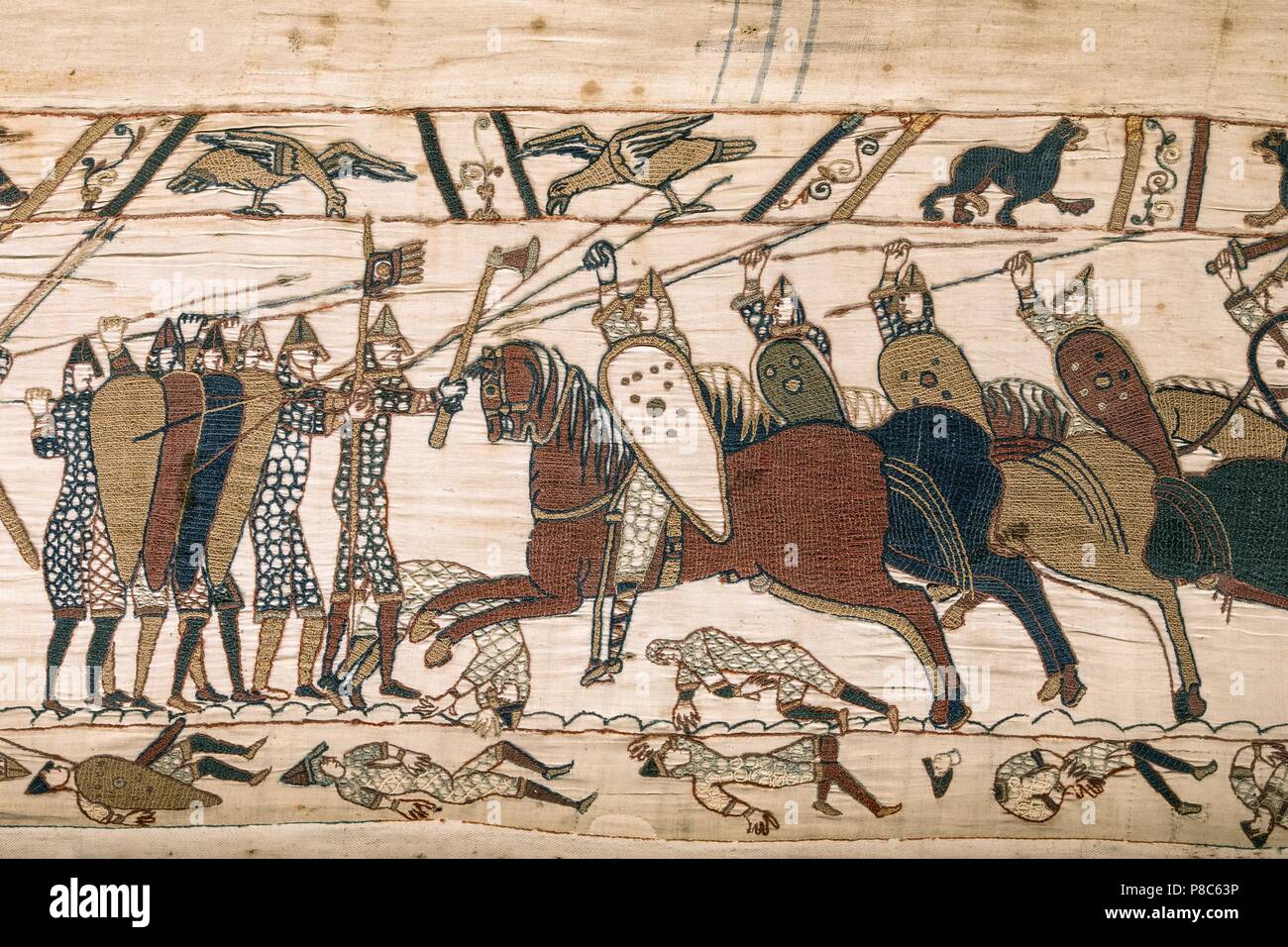France: A Geographic Tapestry Woven into Europe’s Heart
Related Articles: France: A Geographic Tapestry Woven into Europe’s Heart
Introduction
With enthusiasm, let’s navigate through the intriguing topic related to France: A Geographic Tapestry Woven into Europe’s Heart. Let’s weave interesting information and offer fresh perspectives to the readers.
Table of Content
France: A Geographic Tapestry Woven into Europe’s Heart

France, a nation steeped in history, culture, and captivating landscapes, occupies a prominent position in the European landscape. Its strategic location, nestled in the heart of Western Europe, has shaped its identity and influenced its global role for centuries. Understanding France’s geographical context is crucial for comprehending its rich heritage, economic prowess, and cultural influence.
A Geographic Overview
France is situated in Western Europe, bordering the Bay of Biscay, the English Channel, the Mediterranean Sea, and the Atlantic Ocean. Its diverse landscape encompasses towering mountain ranges, sprawling plains, fertile valleys, and picturesque coastlines. The country’s geographical boundaries extend over 551,695 square kilometers, making it the largest country in Western Europe and the third-largest in Europe overall.
Key Geographic Features:
- The Pyrenees Mountains: Forming a natural border with Spain, the Pyrenees Mountains are a formidable mountain range that plays a significant role in shaping France’s climate and biodiversity.
- The Alps: Extending from the southeastern corner of France, the Alps are a majestic mountain range that hosts iconic peaks like Mont Blanc, the highest peak in Western Europe.
- The Massif Central: A vast plateau in the center of France, the Massif Central is a rugged region characterized by volcanic landscapes and rolling hills.
- The French Riviera: Stretching along the Mediterranean coast, the French Riviera is renowned for its glamorous resorts, stunning beaches, and vibrant culture.
- The Loire Valley: A picturesque region known for its historic castles, vineyards, and rolling hills, the Loire Valley is a popular tourist destination.
Strategic Location and Global Significance
France’s location at the crossroads of Europe has profoundly influenced its history and its place in the world. Its proximity to other major European powers, including Germany, Spain, Italy, and the United Kingdom, has fostered cultural exchange, economic cooperation, and political alliances.
- Trade and Commerce: France’s central location within Europe has made it a major hub for trade and commerce. Its extensive network of ports, airports, and highways facilitates the flow of goods and services across the continent.
- Cultural Exchange: France’s geographic position has fostered a vibrant cultural exchange with its neighboring countries. Its cuisine, fashion, art, and literature have spread throughout Europe and beyond.
- Political Influence: France’s strategic location has given it significant political influence in Europe and the world. Its role in international organizations like the European Union and NATO has shaped global affairs.
Impact on Climate and Biodiversity
France’s diverse geography and proximity to various bodies of water create a wide range of climates. The country experiences a temperate climate with warm summers and mild winters. However, significant regional variations exist, with the Mediterranean coast enjoying warm, sunny weather and the Alps experiencing cold, snowy winters.
- Biodiversity: France’s varied landscape supports a rich diversity of flora and fauna. Its forests, grasslands, mountains, and coastal areas provide habitats for numerous species, making it a biodiversity hotspot.
- Climate Change: France, like many other countries, is facing the challenges of climate change. Rising temperatures, changing precipitation patterns, and increased extreme weather events are impacting its ecosystems and human settlements.
Exploring the French Landscape
France’s stunning landscapes offer a wealth of opportunities for exploration and adventure. From the snow-capped peaks of the Alps to the sun-drenched beaches of the French Riviera, there is something to appeal to every traveler.
- Hiking and Trekking: The Alps, Pyrenees, and Massif Central offer breathtaking hiking trails for all levels of experience.
- Cycling: The Loire Valley, with its gentle hills and picturesque villages, is an ideal destination for cycling enthusiasts.
- Sailing and Watersports: France’s extensive coastline provides ample opportunities for sailing, windsurfing, and other watersports.
- Wine Tasting: The vineyards of Bordeaux, Burgundy, and Champagne are renowned for their exquisite wines, offering a unique cultural experience.
FAQs about France’s Location
Q: What is the capital of France?
A: The capital of France is Paris.
Q: What are the neighboring countries of France?
A: France shares borders with Belgium, Luxembourg, Germany, Switzerland, Italy, Monaco, Spain, and Andorra.
Q: What are the major cities in France?
A: Besides Paris, other major cities in France include Lyon, Marseille, Toulouse, Nice, Bordeaux, and Nantes.
Q: What is the official language of France?
A: The official language of France is French.
Q: What is the currency of France?
A: The currency of France is the euro (EUR).
Tips for Traveling to France
- Learn basic French phrases: While English is widely spoken in tourist areas, learning a few basic French phrases can enhance your travel experience.
- Plan your itinerary carefully: France has a wealth of attractions, so it’s essential to plan your itinerary to ensure you see the highlights.
- Consider using public transportation: France has an excellent public transportation system, making it easy to get around.
- Enjoy the local cuisine: French cuisine is world-renowned, so be sure to sample local specialties.
- Respect local customs: France has a rich cultural heritage, so it’s important to be respectful of local customs and traditions.
Conclusion
France’s strategic location in the heart of Europe has shaped its history, culture, and global influence. Its diverse landscape, rich heritage, and vibrant culture make it a captivating destination for travelers from around the world. Understanding France’s geographical context is crucial for appreciating its unique place in the world. From its iconic landmarks to its breathtaking natural beauty, France offers a truly enriching and unforgettable travel experience.








Closure
Thus, we hope this article has provided valuable insights into France: A Geographic Tapestry Woven into Europe’s Heart. We hope you find this article informative and beneficial. See you in our next article!